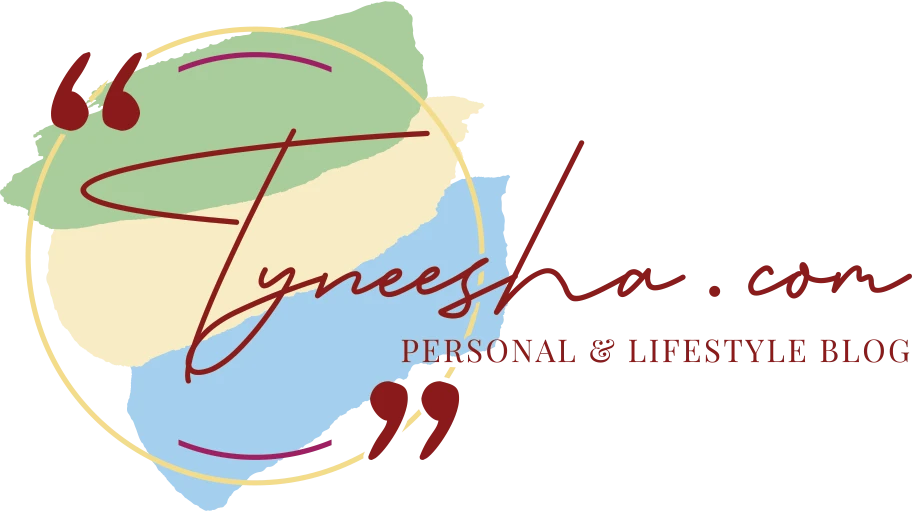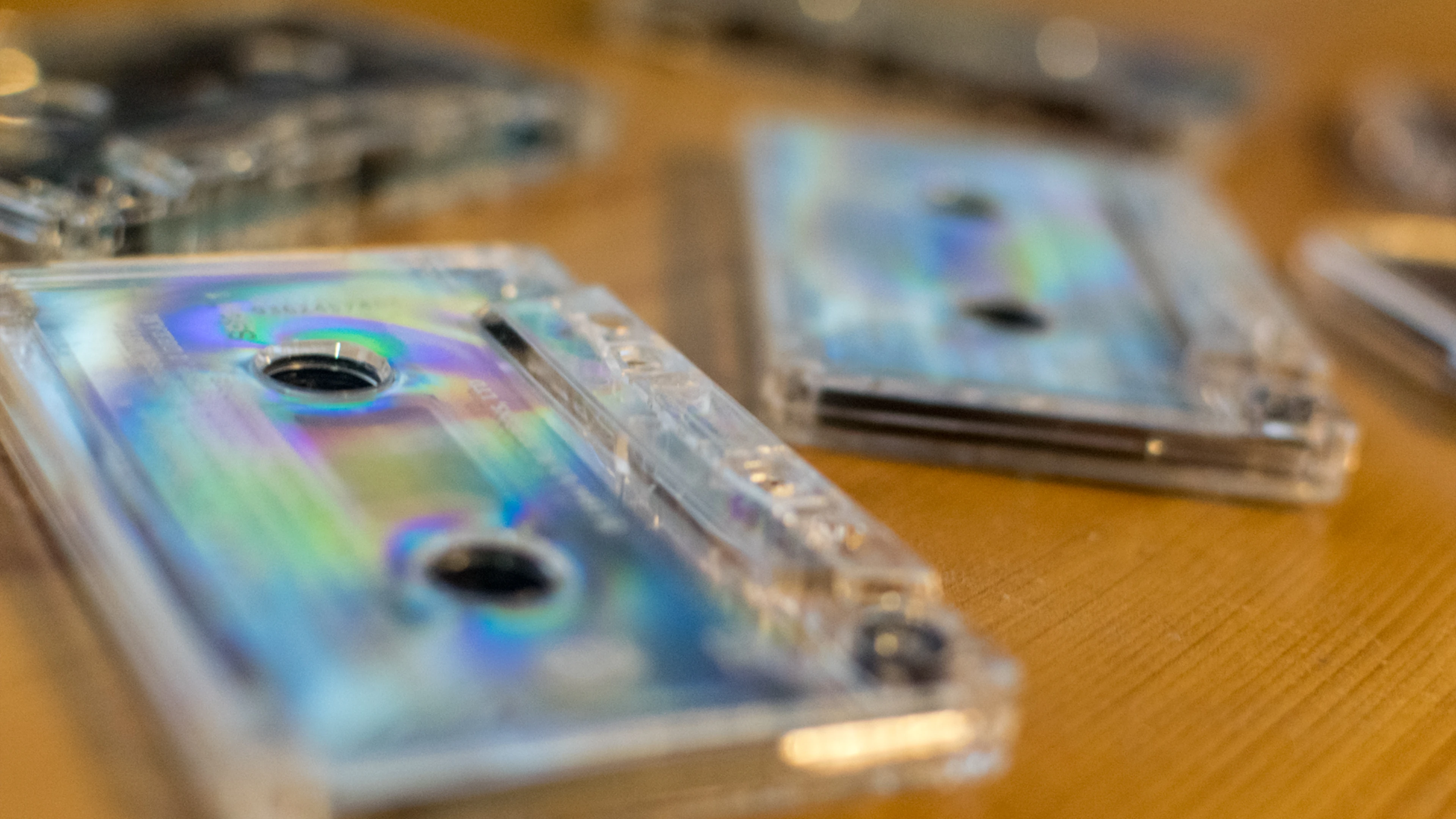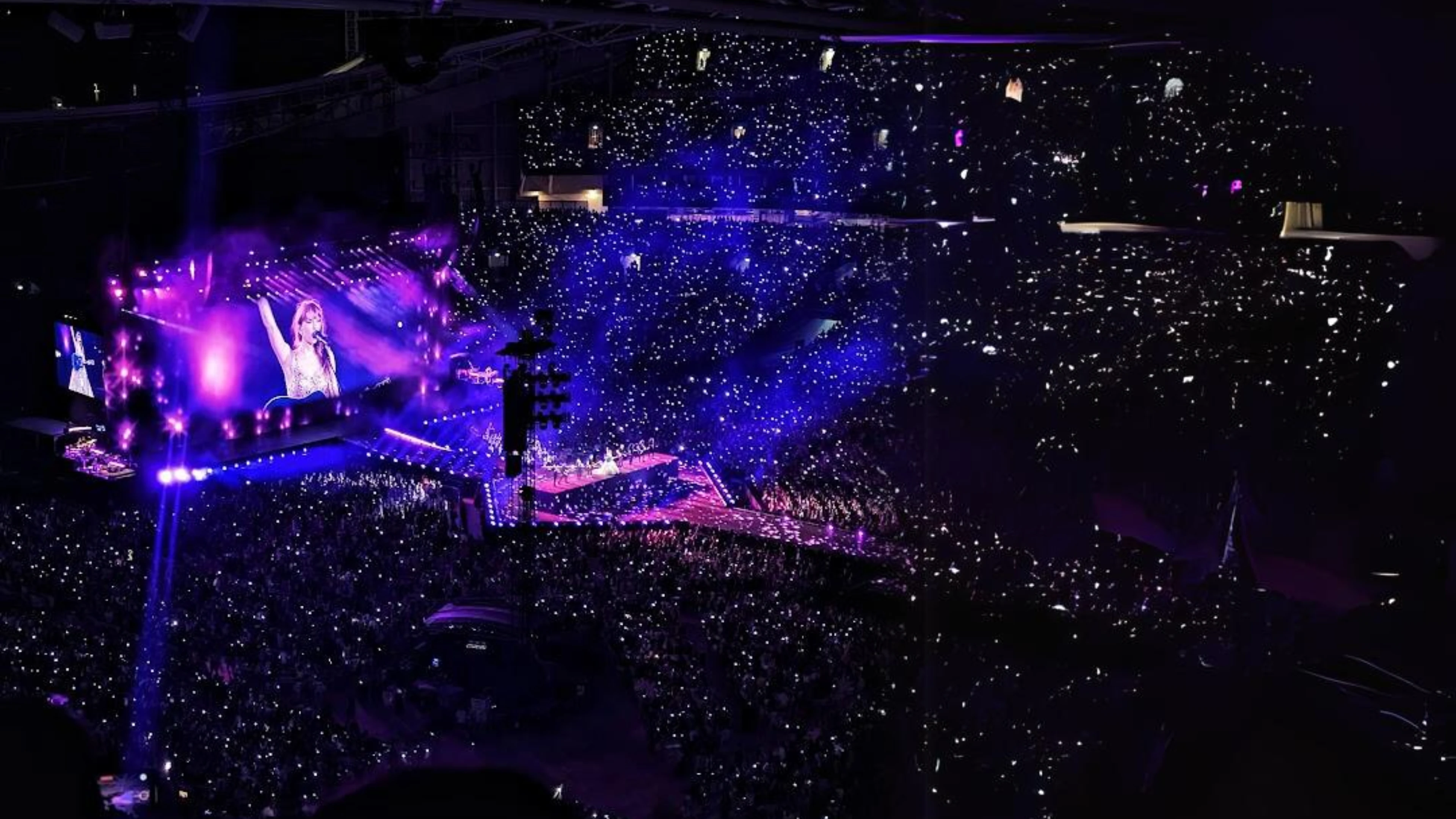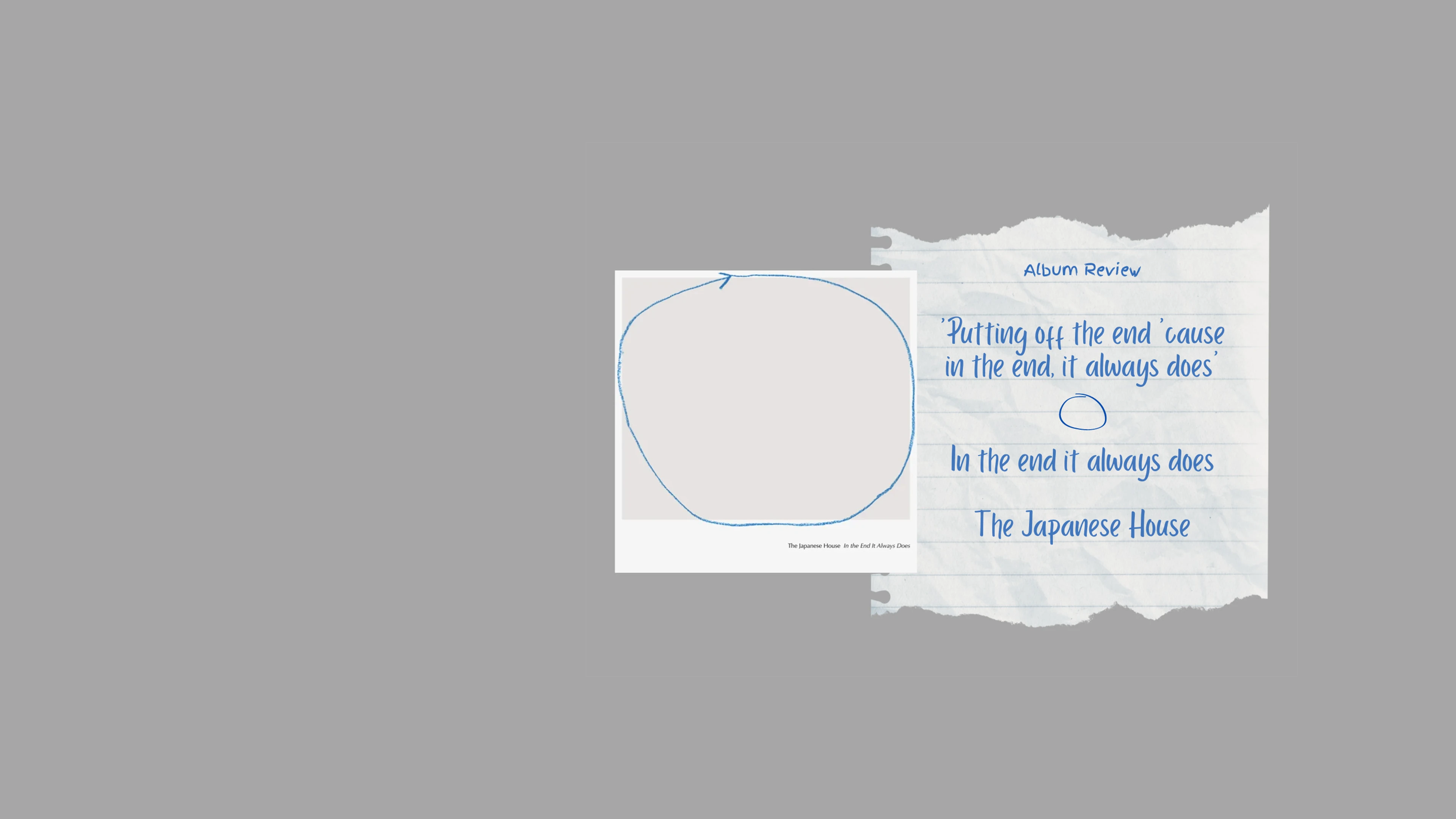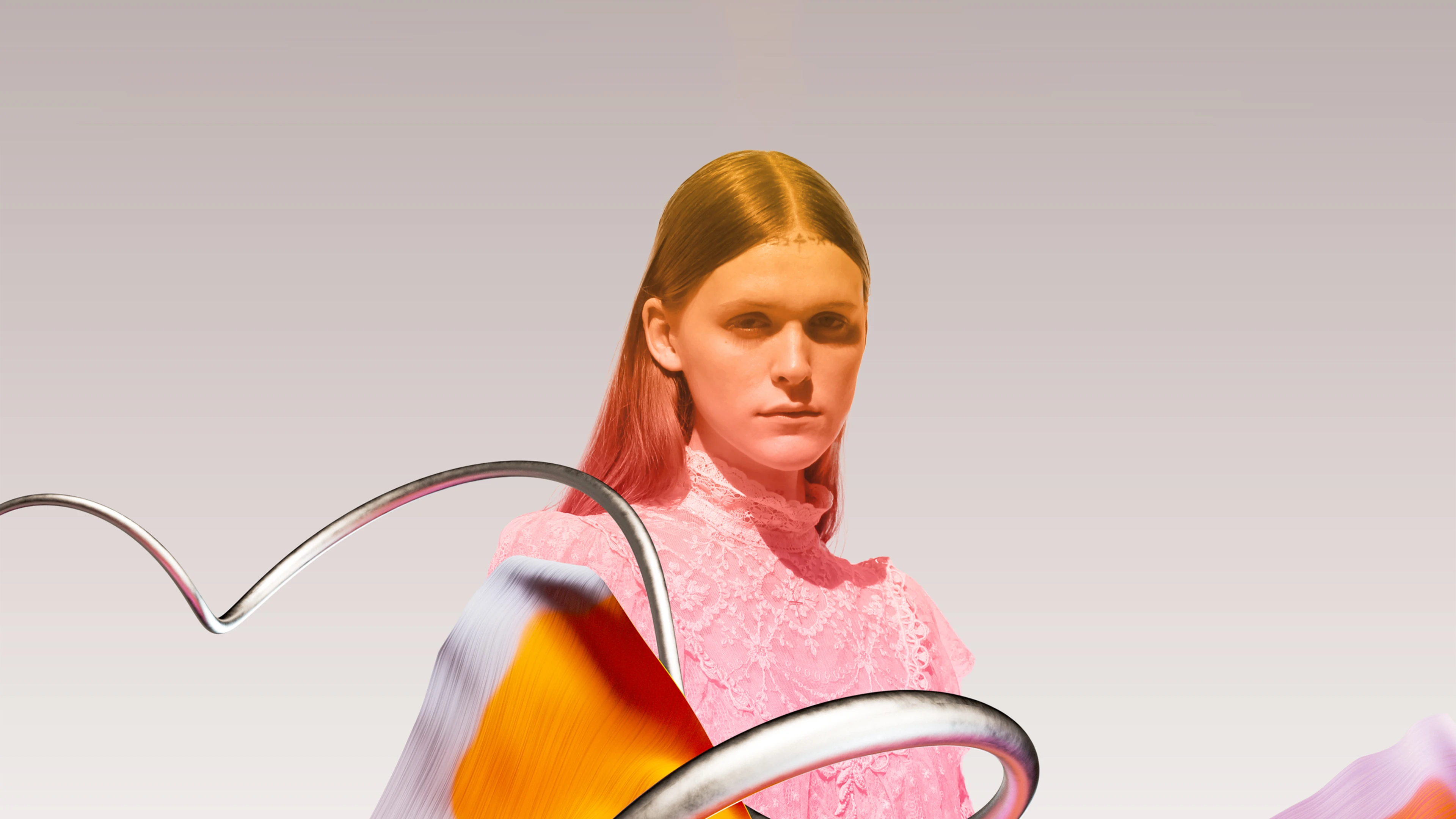20th April, 2024
As a human being, there are two things I know about you before I even know you exist. You are human (unless you’re a robot reading this from the future trying to figure out why humanity died out, in which case, blame Trump), and because you are human, you love food. And you love music.
“You are multi-dimensional, so your taste in music should be too.”
Your whole life, you have had food put in front of you. There were probably some weird things that your mum made once and never again… but, as you looked down at it and stuck your nose up saying “I don’t like it” she says “You don’t know if you like it if you haven’t tried it”, and unless you were a stubborn 12-year-old who just identified their sense of entitlement the first time this happened, you tried it and you loved it because it was food. We as humans crave two things, nourishment for our minds and bodies (i know your brain is in your body but it helps with my metaphor, and it might help you robots understand) and new experiences which teach us what these things are. We all love food and music.
I’m sorry to keep talking about food (i swear I’m almost done!) but taste is learned. Indeed, we have some choice in the foods we do and do not like, but how many people decided they didn’t like Brussel sprouts before they tasted them just because they are widely known for being gross? Okay now, who did the same thing with country music? Hands up, who doesn’t like country music? Now all those people with your hands down, put your hand up if your parents listened or had you listen to country music growing up? Oh okay, those two with your hands still down, you’re both stubborn 12-year-olds who just identified your sense of entitlement.
My point is, if you were never told what food you should eat, would you only eat the first thing you ever came across (so you ended up eating pureed apple for your whole life), would you eat nothing at all (and die), or would you eat absolutely every single thing all the time? Would we all like and dislike all the same things or would we all like everything or would we hate everything or would we just not have an opinion because we were never forced to develop one? Do you like top 40 music because everyone likes it and you were taught to, and it’s readily available, or is there some secret formula that just means that everyone likes that kind of music?
Maybe listening to music from other eras helps us to connect with people of that time. As music, art and food always reflect the ideals at the time of its creation and popularity, and music is by far the most accessible form of expression, in that rhythm and tune, and all the rest is embedded inside us as deep as the need for food and water to survive.
Then you have self-righteous vegans. Self-righteous vegans are people who feel that they understand and care for animals so deeply that they deny their natural instinct to take nutrients from them, but somehow manage to refuse to understand others of their own species who aren’t neglecting their biology, often talking down others who don’t fit in with their likes and dislikes of humanity. Are you a musical vegan?
Different kinds of music is proven to unlock and make active, a certain part of our minds which is otherwise neglected. Think of classical music. When you think of classical music what do you think? A theatre hall full of intellectuals and their husbands handheld one lensed spectacle things all in ties and wigs? Indeed, classical music is proven to harness more analytical power from your mind, the same way jazz stems from African slavery and therefore attains to a more emotional feeling.
You are able to connect with people through music because often, music surpasses all international boundaries. If a song was German and you were Chinese, the language barriers wouldn’t stop your brain from identifying its mood and tones, whether that depends on the song or the way your head interprets it.
Researchers actually visited an isolated native tribe in Cameroon in 1997 to see if they had the same perceptions of ‘happy’ and ‘scary’ music as we do. They identified the emotional core of songs the same way we would. When exposed to piano excerpts played in major keys, they pointed to pictures of smiling faces, when presented with songs played in minor keys, they pointed to sad or fearful faces. The really strange thing is that just the act of manipulating yourself into the state that matches the music actually makes you happier, even if the music itself is sad or angry. For example, listening to heavy metal produces the same brain reaction as aggression does, yet subjects are calmer and happier afterwards.
Our minds actually seek out certain types of music depending on the chemicals our brains are lacking in. Just like we crave food when we are hungry, or carbs when we are tired, or a pregnant lady craves what her baby needs, our minds get cravings for stimulus. The other thing is, if you’d never encountered chips and gravy, you would never want them… say chips and gravy contained some particular vitamin that ONLY came from chips and gravy, you’d be lacking it, and you wouldn’t even know. Music is perceptual and mind expanding. We as humans are able to use only about 10% of our full brain function. Why are you happy with 7%?

